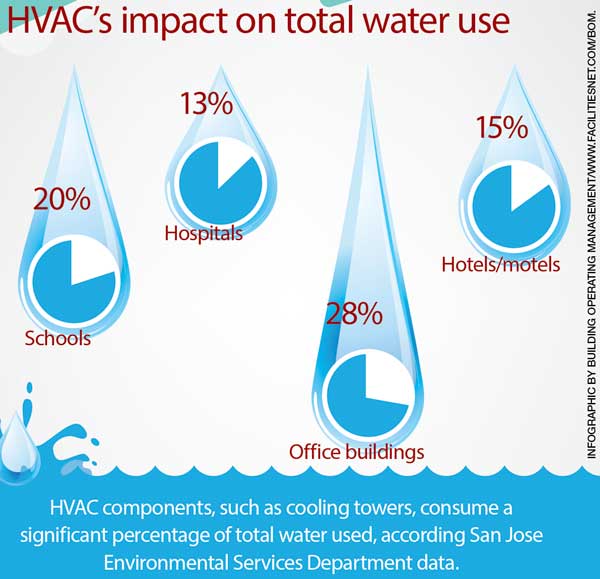The Future Of Home Heating - Just How Heatpump Innovation Is Evolving
The Future Of Home Heating - Just How Heatpump Innovation Is Evolving
Blog Article
Writer-Marshall Ringgaard
Heat pumps will certainly be a vital modern technology for decarbonising home heating. In a scenario constant with federal governments' announced energy and environment commitments, their global ability doubles by 2030, while their share in heating rises to one-quarter.
They work best in well-insulated homes and rely on electricity, which can be supplied from an eco-friendly power grid. Technological developments are making them much more efficient, smarter and less expensive.
Fuel Cells
Heat pumps utilize a compressor, cooling agent, coils and followers to move the air and warmth in homes and home appliances. They can be powered by solar power or electrical energy from the grid. They have been gaining popularity because of their affordable, silent procedure and the capability to produce electrical power during peak power demand.
Some companies, like IdaTech and BG MicroGen, are servicing fuel cells for home heating. These microgenerators can replace a gas boiler and generate a few of a house's electric needs with a connection to the electrical energy grid for the rest.
However there are reasons to be hesitant of using hydrogen for home heating, Rosenow says. It would certainly be pricey and ineffective compared to other technologies, and it would certainly include in carbon emissions.
Smart and Connected Technologies
Smart home modern technology enables property owners to connect and manage their tools remotely with making use of mobile phone applications. For example, wise thermostats can discover your home heating choices and instantly adjust to enhance power usage. Smart illumination systems can be regulated with voice commands and automatically switch off lights when you leave the space, decreasing energy waste. And smart plugs can keep track of and manage your electrical usage, permitting you to recognize and limit energy-hungry appliances.
The tech-savvy home shown in Carina's meeting is a good image of just how occupants reconfigure area home heating practices in the light of new clever home innovations. They rely upon the tools' computerized attributes to accomplish everyday changes and regard them as a practical means of conducting their home heating practices. As such, they see no reason to adapt their practices better in order to allow versatility in their home energy need, and treatments aiming at doing so might encounter resistance from these houses.
Power
Given that heating homes accounts for 13% people emissions, a button to cleaner choices could make a large distinction. However the modern technology faces difficulties: It's pricey and requires extensive home improvements. And it's not always compatible with renewable energy sources, such as solar and wind.
Up until just recently, electric heat pumps were as well pricey to take on gas designs in many markets. However brand-new technologies in layout and materials are making them more budget friendly. And better chilly environment performance is enabling them to operate well also in subzero temperatures.
discover here following action in decarbonising home heating might be making use of warm networks, which attract heat from a main source, such as a neighboring river or sea inlet, and disperse it to a network of homes or buildings. just click the up coming internet page would certainly reduce carbon discharges and permit houses to make the most of renewable resource, such as green power from a grid provided by renewables. This option would certainly be much less pricey than changing to hydrogen, a nonrenewable fuel source that requires new facilities and would just reduce CO2 emissions by 5 percent if paired with enhanced home insulation.
Renewable resource
As electrical energy prices go down, we're beginning to see the same trend in home heating that has driven electrical cars right into the mainstream-- yet at an even faster pace. The solid environment instance for impressive homes has been pressed further by brand-new research.
Renewables make up a considerable share of contemporary heat consumption, but have been provided restricted policy interest worldwide contrasted to various other end-use sectors-- and even much less focus than electrical energy has. Partly, this mirrors a mix of consumer inertia, divided incentives and, in several nations, aids for fossil fuels.
New modern technologies might make the shift easier. As an example, heat pumps can be made extra energy efficient by replacing old R-22 cooling agents with brand-new ones that do not have the high GWPs of their precursors. Some professionals also picture district systems that attract heat from a close-by river or sea inlet, like a Norwegian arm. The warm water can after that be made use of for heating & cooling in an area.